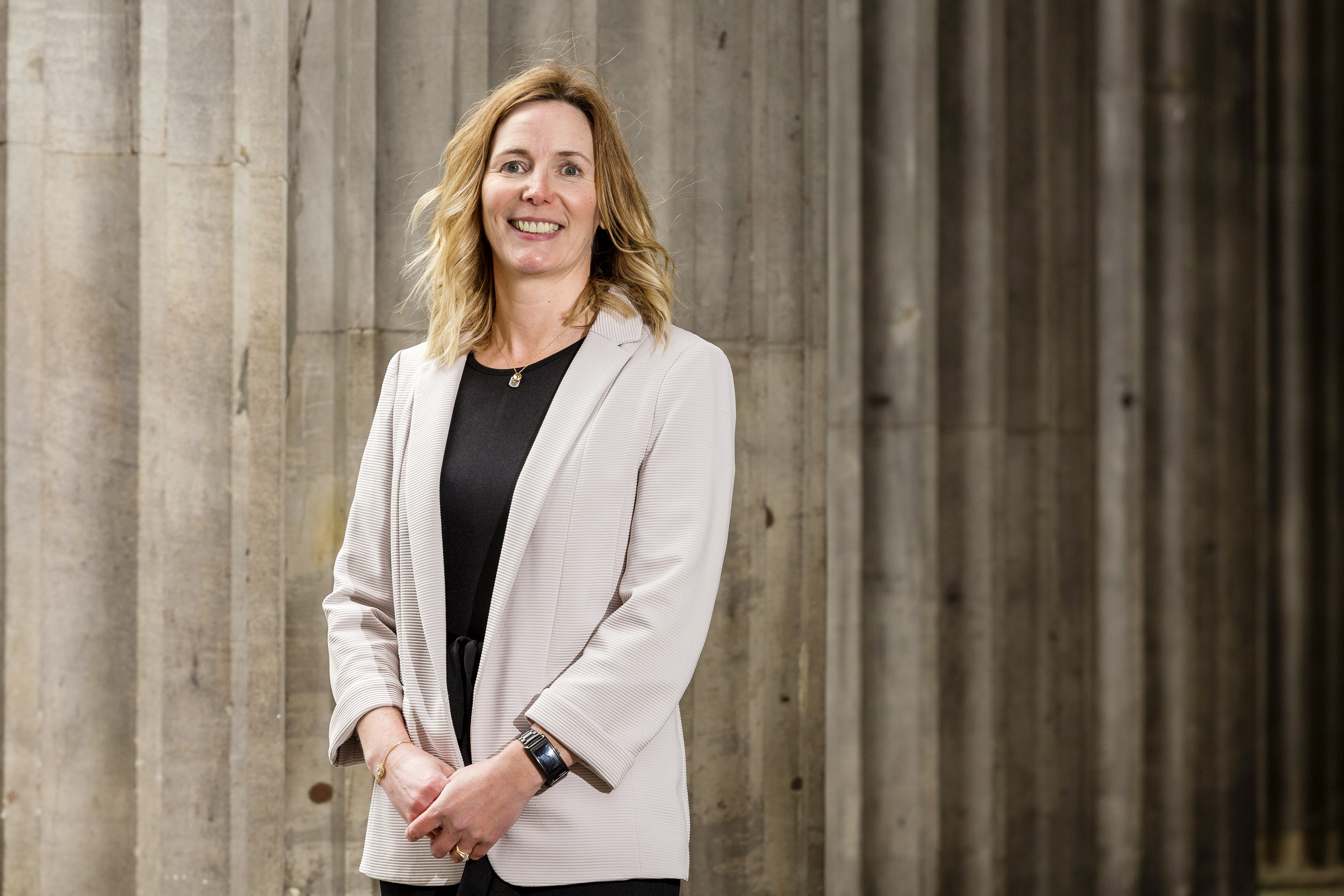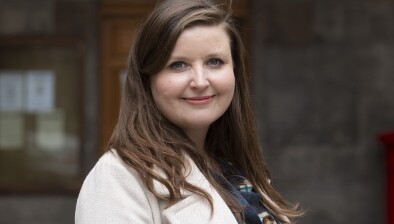Janet Haugh: Scotland’s housing emergency is more than a shortage of homes - it’s a crisis of dignity

Janet Haugh
In the wake of the latest quarterly homelessness statistics, Right There CEO Janet Haugh shares what needs to be done from a housing perspective to start to reverse Scotland’s terrible record on homelessness and highlights the need for a consistent, person-centred support that follows individuals and families through key transitions, to support people living in temporary accommodation.
Behind the statistics about house building and rent rises is the real cost of the housing shortage, and that’s the human cost. It is individuals, families, children and young people who are caught up in the cycle of homelessness, trapped in temporary accommodation, with nowhere safe to go, and no hope that anything is going to change. These are the real victims. To focus only on housing and the supply chain, ignores the lives unravelling at the sharp end of this crisis.
The latest figures on homelessness paint a depressing picture of the situation in Scotland. While the overall numbers have dropped slightly, there has been a stark increase in people relying on temporary accommodation. Now at an all-time high, there are over 17,000 households living in temporary accommodation, with more than 10,000 children affected. Furthermore, the average stay in temporary accommodation has risen to almost eight months.
Temporary accommodation can be a vital step towards stability, but it can never replace the security of a permanent home. As the housing emergency continues, and homelessness continues to be one of the biggest challenges the Scottish Government is dealing with, for those trapped in the cycle of homelessness, temporary accommodation can bring its own problems. These include food insecurity, limited access to education, and emotional stress.
That’s why prevention and early intervention are so critical - we need to stop people from reaching crisis point in the first place. Right There’s programmes recognise these wider issues, and provide practical support, tenancy guidance, and emotional care to help families navigate these challenges.
Right There is committed to working with the Scottish Government to reverse the housing emergency and to begin making a real and tangible difference to those people experiencing or at risk of homelessness. We know that change is possible. The move towards rapid rehousing, and the national commitment to end homelessness, are clear statements of intent.
But the gap between policy intent and policy implementation is still too wide to reverse the deepening crisis. We need urgent, long-term investment in services that are consistent, flexible and rooted in prevention - because the cost of inaction is simply too high. Support should not end when someone gets a set of keys - it needs to follow people through life’s transitions, whether that is moving into a tenancy, leaving care, or returning to the community after hospital or prison. We need investment in early intervention and prevention to allow people to thrive, and cross-sectoral working between statutory services, third sector organisations, and communities to address interconnected issues of housing, poverty, health, justice and education.
There is no doubt that housing supply has a role in all this, and while people are left languishing on a waiting list, empty homes are falling into disrepair. Of course the solution is to bring those properties back into use, but this alone is not enough. What is also required is guaranteed funding for essential repairs. A home free of damp, mould and unsafe structures is not a luxury, it is a basic right. A functioning housing system shouldn’t just be concerned with building new stock, it should also protect what we already have.
Bricks and mortar aren’t enough. At Right There, we want tenancies that last, that break the cycle of homelessness and give people hope that their situation can be reversed. We believe in investing in people as much as investing in a property. Secure homes, stable lives, and a chance to thrive shouldn’t be out of reach for anyone.







